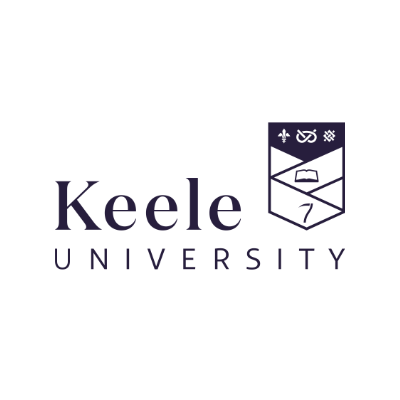TMT First is committed to playing a key role in creating a more sustainable mobile industry, which is responsible for 1% of global CO2 emissions. Our mission – keeping technology alive for longer is absolutely crucial, as approximately 80% of a mobile devices CO2 emissions are produced during manufacture, rather than subsequent use.
That means extending the life of devices, as an alternative to replacing them, has a huge environmental benefit and sustainability and innovation are at the very core of that.
One of the projects we’ve been working on to keep technology alive for longer has been through a long-established partnership with Keele University.
Last year, we collaborated with them through their Smart Energy Network Demonstrator (SEND) business support programme.
Through this project we were able to find more cost-effective ways of repairing and processing mobile phone screens and batteries.
This piece of work has and will help us to extend the life of an additional 100,000 mobile devices every year.
As a direct result of this project, Keele highlighted our successful partnership in a recent impact study, which was celebrated across the area on various media platforms such as digital billboards, online coverage, video case studies and even interviews on the BBC.
It also won us a Keele University Breaking the Mould Award for Sustainability last year, something we’re extremely proud of.
Our Founder and Chairman Adam Whitehouse said: “Like Keele University, sustainability is at the forefront of all we do at TMT First. Through the University’s Smart Energy Network Demonstrator, there was an opportunity for us to collaborate with a student to undertake a deep-dive into mobile battery technology.
“By working with Keele, we found ways of repairing devices differently – which has resulted in us saving an extra 100,000 devices from landfill every year. Working with partners like Keele University, we’re having ideas that are going into practice today that will extend the life of technology, and that perhaps would not have been able to achieve ourselves.”
Last November marked six years since the launch of Keele Gateway – an initiative of support programmes available through the University.
As a result, Keele Gateway has supported more than 1,000 local organisation interactions, helped to create over 150 new jobs, generated over £200 million per year into the regional economy, and saved 5,780 tonnes of CO2 through sustainable business solutions.
To find out more about the Gateway and to read more about our collaboration, visit www.keele.ac.uk/workingtogether.

